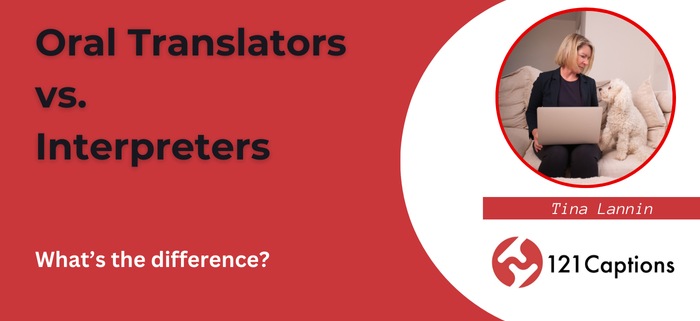Oral Translators vs. Interpreters – What’s the difference?
When it comes to communication services, the terms “oral translator” and “interpreter” are often used interchangeably, but they refer to distinct roles with unique responsibilities. While both are vital for bridging communication gaps, their skills, approaches and functions cater to different needs.
What is an Oral Translator?
An oral translator focuses on facilitating spoken communication, often for individuals who are Deaf or hard of hearing but prefer to communicate orally rather than using sign language. They specialise in:
- Lip-reading support: Repeating spoken words clearly, using enhanced lip movements, to ensure they are easier to understand.
- Articulation clarity: Speaking with precise enunciation and simplifying complex phrases for better comprehension.
- Real-time communication: Assisting in one-on-one conversations or small group settings where clear speech is crucial.
Oral translators do not convert spoken words into sign language. Instead, they adapt their spoken delivery to make communication as accessible as possible for those who rely on visual or auditory cues.
How is an Interpreter different?
An interpreter, on the other hand, bridges language barriers by converting spoken language into another form of communication, such as:
- Sign language interpreting: Translating spoken words into British Sign Language (BSL), American Sign Language (ASL), or another signed language, and vice versa.
- Foreign language interpreting: Facilitating communication between speakers of different languages, either in real time or through prepared translations.
- Relay interpreting: Translating between multiple languages or modes of communication, often in complex international or multi-lingual settings.
Interpreters often work in larger group settings, such as conferences, legal hearings or televised events, where they manage multiple linguistic or cultural nuances.
When to choose an Oral Translator
If the goal is to enhance communication for someone who relies on lip-reading or clear speech, an oral translator is the best choice. They are especially useful in:
- One-on-one conversations: Ensuring both parties understand each other seamlessly.
- Education settings: Helping students who prefer oral methods over sign language.
- Professional meetings: Supporting employees or clients in workplace discussions.
Why both are vital
Both oral translators and interpreters serve as critical links in communication, promoting inclusivity and accessibility. While their methods differ, their shared goal is to ensure everyone has equal access to information and opportunities.
At 121 Captions, we understand the importance of tailoring communication services to individual needs. Whether you need an oral translator for face-to-face interactions or an interpreter for large-scale events, our experienced team is here to help.
Contact us today to learn how we can support you.




Leave a Reply
Want to join the discussion?Feel free to contribute!